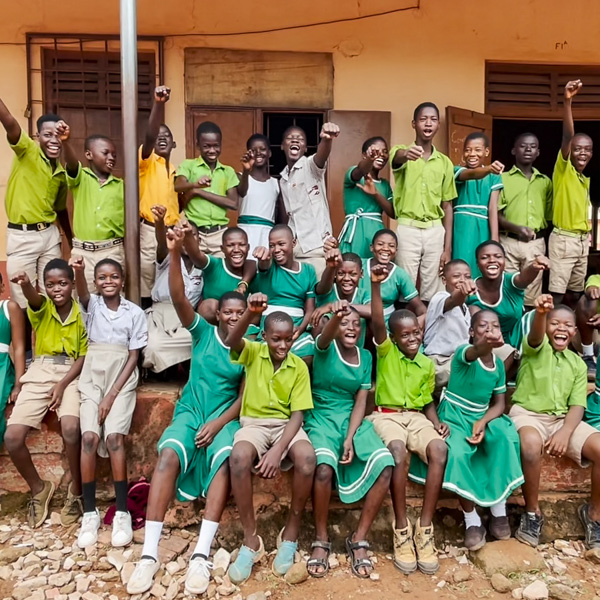Hope Education Project: Module 3 Delivery Update
In the third week of our human trafficking education pilot program for Ghana, we shifted focus to the digital world with the delivery of Module 3: “Online Safety, Online Trafficking, and Reporting” across our three partner schools in Tamale: St Paul’s JHS (Gumbihini), Bagabaga Annex JHS (Sagnarigu), and Darul Haddis JHS (New Gbolo).
Building on Modules 1 and 2, this session tackled the growing threat of online grooming and digital exploitation. With access to smartphones becoming increasingly common among JHS 1 students, this module aimed to equip them with the awareness and tools they need to stay safe online and to know what to do if something doesn’t feel right.
Understanding Online Trafficking Tactics
We explored how traffickers use social media, messaging apps, and online platforms to make contact with young people. We discussed the ways traffickers build trust over time, often pretending to offer love, jobs, or sponsorship.
Students were surprised to learn that trafficking can start with a simple friend request or message and that many victims are groomed through ongoing online conversations.

Common online lures discussed included:
- Promises of jobs or travel opportunities
- Flattery or romantic interest
- Offers of phones, money, or help with school fees
- Being invited to secret meetups without telling adults
Staying Safe Online
The students were encouraged to reflect on their own online habits and how to spot the signs of grooming. We used group discussion and short role-plays to model different scenarios, including:
- A stranger offering mobile data in exchange for photos
- A classmate introducing someone they met online
- A recruiter asking for personal documents over WhatsApp
We reinforced key online safety messages:
- Never share personal details or photos with someone you don’t know.
- If something feels wrong, talk to a trusted adult.
- Don’t meet online contacts in private or without adult supervision.
- Be cautious with new online friends who offer gifts or money.
Reporting and Trusted Adults
The concept of Three Trusted Adults was reinforced with a new digital focus. Students were asked: “If someone approached you online and made you uncomfortable, who would you tell?”
Many students listed their parents, older siblings, or teachers with others including their Imam or Pastor. We discussed how to approach these adults, what to say, and how to report suspicious behaviour to authorities or local child protection officers in Tamale.
Students were also introduced to the idea of screenshotting conversations and reporting harmful content when possible. One student reflected: “I didn’t know chatting with someone could be dangerous if I haven’t even met them. Now I’ll always tell my sister first.”
Interactive Learning: Digital Role-Play and Safe Sharing
We continued to use on-your-feet learning strategies, this time adapting them to fit digital safety scenarios. In small groups, students acted out short scenes showing:
- How a trafficker might trick someone through a phone conversation
- How to resist pressure to share photos or meet up secretly
- How to respond when a friend is being recruited online
We also introduced several movement-based classroom activities to reinforce digital safety concepts:

The Traffic Light Game (Online Safety Version)
- Red: Actions students should avoid online (e.g. sharing phone numbers or PINs on social media)
- Amber: Actions that require careful thought (e.g. posting a photo online)
- Green: Safe and smart actions on social media (e.g. telling a trusted adult if something feels wrong)
The Trap Station
Students heard different online scenarios read aloud. If they believed the scenario could be used to trap a victim, they physically stepped away from it. Examples included:
- An online friend asking to meet in a secluded location
- Being promised money in exchange for a photo
True, False, or Exit
Students responded to statements by moving to a “True,” “False,” or “Exit” position:
- “Anyone can be a trafficker.”
- “Traffickers only work in big cities.”
- “If someone gives you a gift online, you should trust them.”
This format encouraged quick thinking and allowed facilitators to clarify common myths.
What’s Next?
In Module 4, we shift into participatory theatre. This next stage allows students to embody what they have learned by creating and performing short plays based on trafficking scenarios. It will give them an opportunity to develop assertiveness, resistance strategies, and peer-led storytelling in a safe and empowering format.

Closing Reflections
Module 3 revealed just how real online risks feel for today’s students. While some had never considered the dangers most students with access to a smartphone via a relative or friend, shared that they had already experienced pressure, sexually explicit images or deception online.
We talked about friend requests on social media apps. We challenged students to say why they were so keen to accept such requests. Students reported many surprising motives, all of which are strong trafficking risk factors:
- Loneliness
- Anticipation that the stranger might support them financially
- Anticipation of a friendship bordering on mentorship/counsellor
- The stranger might be a potential romantic partner
- Anticipation of employment or travel opportunities
As ever we are grateful to the Teacher Patrons and Head Teachers for their continued support for the Hope Education Project human trafficking education program for Ghana. As we look ahead to Module 4, we do so knowing that these conversations are not only creating safer, more informed school communities but that students are actively taking their learning home and sharing it with their peers and families.



